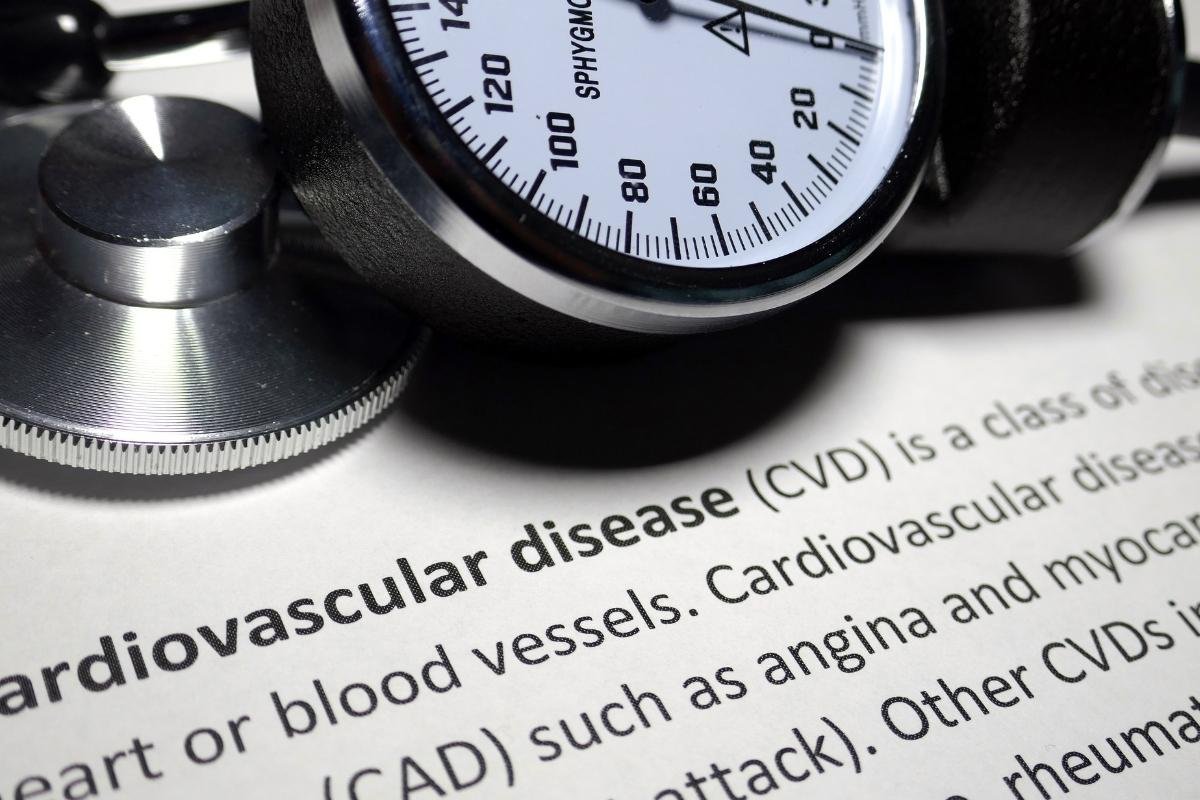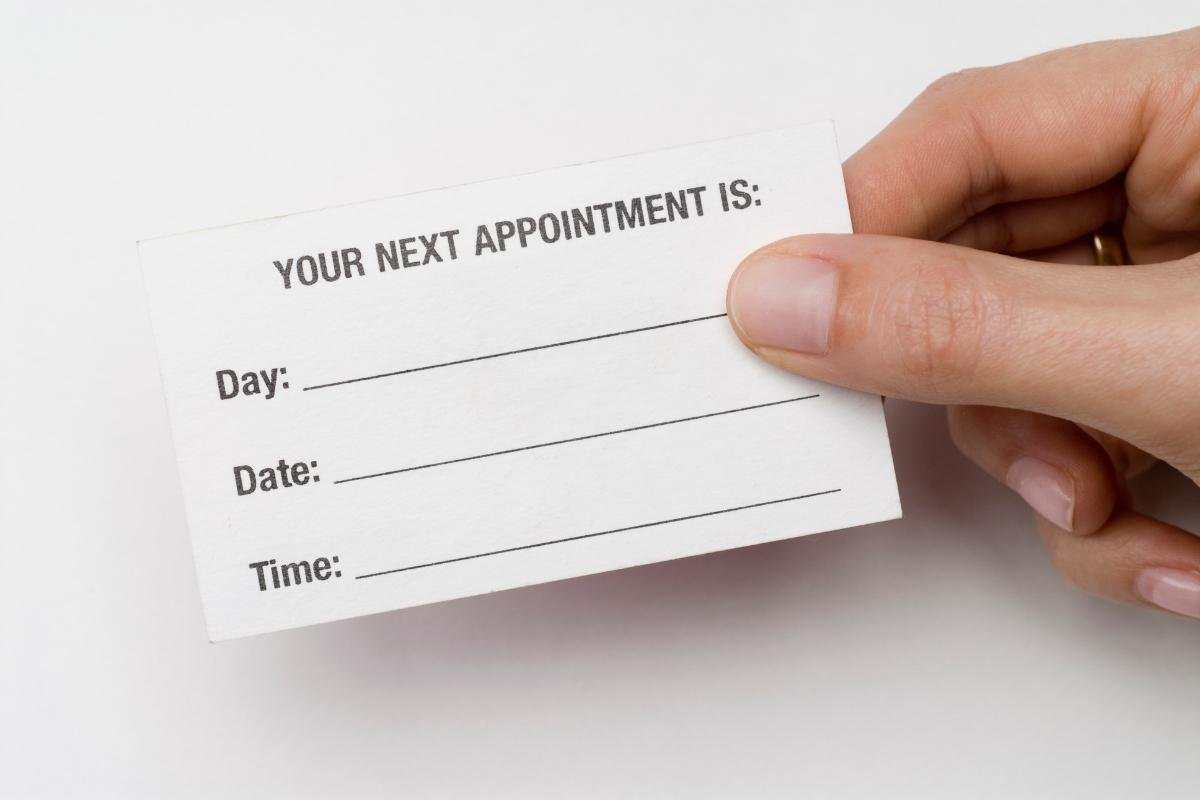Concussion Update Newsletter
See below for previous editions.
Our biweekly Concussion Update newsletter provides thoughtful synopses of new research, news related to concussions, listings of free webinars, and calls for study participants for research.
(9/29/22 Newsletter) Study finds traumatic brain injury (TBI) is a “significant risk factor” for cardiovascular disease (CVD) in study of post-9/11 Veterans
risk for lower academic standing, pupillometry-based diagnosis, transitioning from telework, complementary supplement therapy, TBI linked with adolescent behavioral & mental health issues, females under-represented in consensus research, white matter damage and suicide
(9/8/22 Newsletter) Almost 75% of Emergency Department concussion patients aren’t recovered at 2 weeks
MD students need more education, British soccer trials youth header ban, concussion history and elevated symptoms, FIFA World Cup to use VR diagnostic, 1-in-3 kids get PPCS, headgear reduces women’s lacrosse concussions, TBI correlated with homelessness risk
(8/25/22 Newsletter) Free Courses & New Resources
New training courses & webinars, TBI training for law enforcement, padded NFL helmets, acute functional connectivity predicts chronic pain, CBT for depressed vets, mTBI and depression, check for orthostatic tachycardia, King Henry had TBIs
(8/4/22 Newsletter) Study finds causal link between repeated head impacts and CTE
Bodychecking experience doesn’t reduce hockey concussions, visio-vestibular deficit risk factors, eye tracking problems with acute/persistent concussions, regaining identity with post-concussion-symptoms, blood test on neurodegeneration, CBT for headaches & PTSD in veterans, mental health disability risk in collegiate athletes, Increases in childhood consumer-product related TBIs, concussion management gaps in schools, rugby players issue class-action suit
(7/21/22 Newsletter) Electroacupuncture may improve sleep quality in patients with depression
Canadian app helps patients track recovery, 1st MLS player with CTE, psychedelics for veterans, reducing unnecessary CTs, neck sensor patches catch head acceleration, prompt mental health interventions promote recovery & return to work, concussion history increases suicide attempt rate among young people of color with depression, age of first concussion, prevention strategies for girls’ rugby
(7/7/22 Newsletter) Study finds acupuncture effective at treating chronic tension-type headaches
Long-term concussions in youth sports, head impact exposure increases concussion susceptibility, longer white matter tracts more susceptible to injury, green space helps cognition in middle-aged women, nanomaterials for concussion treatment & diagnosis, managing anxiety, 3 or more concussions increase risk of symptom persistence, optometrists can help domestic violence survivors, better safety laws, microglia and neuroinflammation
(6/28/22 Newsletter) Preventing concussions when swimming and diving
soccer substitutions, Maryland subsidizes psychedelic research for vets, microbleeds & white matter damage no associated, subjective vs. objective cognitive function, gene therapy reduces neuroinflammation in mice with TBI, blunted ‘fight or fligth’ in vets with combat/blast exposure, affective symptoms influence symptom provocation tests, athletes’ poor sleep increases concussion risk, a public health framework for CTE
Brain Training software improves cognition in chronic TBI (6/9/22 Newsletter)
Personal story includes great education, acute neck pain associated with higher symptoms, potential oral treatment for concussion, supplement improved sleep and insomnia symptoms in veterans with chronic TBI, Women and people of color at higher risk for depressive symptoms, TBI affects identity in youth, women face poorer long-term outcomes
Two gut microbiota significantly depleted after concussion (5/26/22 Newsletter)
High concussion rates during football targeting calls, psilocybin effective for depression, functional connectivity problems for acute patients, why mindfulness matters, 60 day wait for concussion care, concussion & mental illness, white matter damage
Researchers to trial concussion diagnostics and treatments for long COVID patients (5/12/22 Newsletter)
Concussion increases risk for comorbidities, psilocybin and cbd for TBI anxiety and headache, outcomes worse for collegiate non-sport concussions, need for better education and care pathways for cycling, photography for post-concussive peace, NFL players with adverse childhood experiences at risk for dementia & poor mental health outcomes,
Graded cervical (neck) manual therapy may reduce risk of persistent symptoms for patients with neck pain (4/28/22 Newsletter)
podcast on psychedelics & PTSD, SCAT score inaccuracies, veterans want complementary medicine, persistent symptoms & mental health, return-to-learn symptom relapses not decreasing, ‘medical gaslighting’ of women & POC, former football players &football degenerative disease
Menstrual cycle affects concussion in adolescents (4/14/22 Newsletter)
Med students get inadequate concussion education, AFL restricted research it funded, vestibular problems from peripheral vestibular nerve injury, portable MRI, VA dietitians help vets with TBI, vestibular therapist interview, VA tele TBI programs, concussions & mental health in youth,
Study supports efficacy of new Return to School resource for educators, parents, & students (3/31/22 Newsletter)
staying on the field worsens outcomes, sex & race increase risk for insomnia, updated pediatric guidelines, research grant for new geriatric diagnostic tool, high rates & underdiagnosis of persistent symptoms in children, still no helmets in girls’ lacrosse, new workers’ comp TBI guidelines
Major scandal forces international consensus chair to step down from post ahead of 6th consensus statement process in October (3/17/22 Newsletter)
major gaps in concussion education delivered in schools, baseline testing doesn’t help identify concussions in NCAA athletes, good resource on meditation, telemedicine active rehabilitation therapy may help as much as in-person programs, youth with concussions more likely to have mental health problems, children with assault-related concussions get fewer diagnostic evaluations & have worse outcomes, NYT article on IPV TBI
Dizziness after concussion: pathology, diagnostic and treatment timelines (3/3/22 Newsletter)
Gaps in PA High Schools’ SRC programs; sleep quality, neuropsychiatric disorders, & neurodegeneration; post-concussive dizziness; anxiety contributes to symptom intensity, persistence; mTBI patients have worse cognitive outcomes at 1 year; updated pediatric recommendations; anthology of women writers reflecting on concussion; health disparities & headache treatment; mild cognitive impairment and dementia prevalent among ex NFL players
NFL awards $500,000 for Canadian university to study cannabis as a concussion treatment (2/17/22 newsletter)
High TBI incidence in precariously housed populations, post-traumatic headache article, concussion nondisclosure, 30-second single leg standing test, interview about light therapy for potential CTE, impulsivity causes shorter return to play, patients’ symptoms persist a year, rest 72 hours,
ADHD and Learning Disabilities increase risk of concussions (2/3/22 newsletter)
Virtual exam guide, predicting delayed recovery, older adult falls, veterans’ cognitive deficits, persistent sensorimotor impairments, Covid and IPV-TBI
Insomnia and concussion: new resource and a free sleep app for veterans via clinical trial (1/20/22 newsletter)
Speaker series on TBI and inequities, great TEDx talk, hockey injury reduction, new urine biomarker, low resilience delays recovery, brain injury screens for crime victims & perpetrators
Hope on the horizon: MRI may help diagnose CTE in living patients (1/6/22 newsletter)
Mild COVID may affect gray matter, free return-to-learn resources for educators, head impact biomechanics, exercise for concussion, Florida VA multidisciplinary program, systematic review of youth football studies,
The English Premier League will trial in-game saliva tests for concussion diagnosis (12/16/21 newsletter)
NIH funds biomarker study for youth, VA secretary on cannabis for vets, multiple concussions may disrupt default mode network, FDA approval for hypothermic therapy, physicians’ experience with mental health complications, training drills cause more impacts than games in soccer, more brain injuries due to pandemic-driven increase in intimate partner violence




















